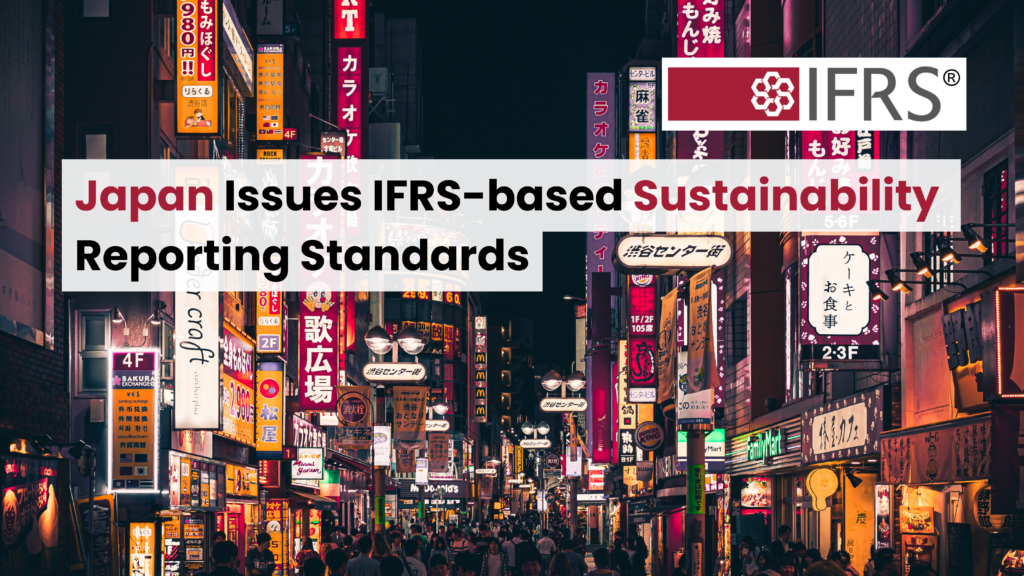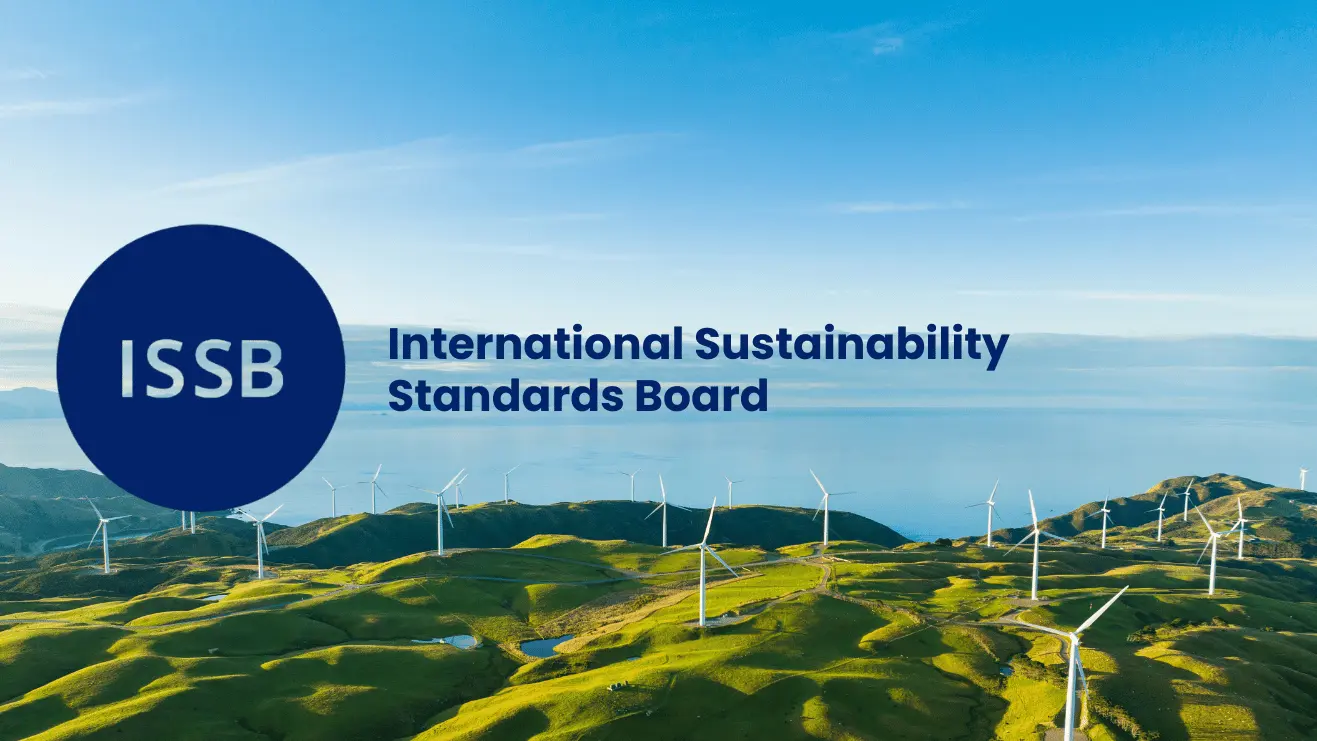Sustainability Standards Board of Japan Issues IFRS-based Sustainability Reporting Standards

|
Listen to this story:
|
The Sustainability Standards Board of Japan (SSBJ) has recently announced the issuance of exposure drafts for new sustainability disclosure standards, aligning with the International Financial Reporting Standards (IFRS) Foundation’s International Sustainability Standards Board (ISSB). This move signifies a significant step towards establishing standardized sustainability reporting practices in Japan.
Established in July 2022, the SSBJ aims to develop sustainability disclosure standards tailored for Japanese companies while contributing to the advancement of international sustainability reporting standards. In line with this objective, the SSBJ has decided to integrate the requirements outlined in the IFRS Sustainability Disclosure Standards, particularly IFRS S1 “General Requirements for Disclosure of Sustainability-related Financial Information” and IFRS S2 “Climate-related Disclosures.”
The issuance of three exposure drafts by the SSBJ marks a crucial development in the journey towards mandatory standardized sustainability-related disclosures for Japanese listed companies. These exposure drafts include:
- Universal Sustainability Disclosure Standard Exposure Draft “Application of the Sustainability Disclosure Standards”
- Theme-based Sustainability Disclosure Standard Exposure Draft No. 1 “General Disclosures”
- Theme-based Sustainability Disclosure Standard Exposure Draft No. 2 “Climate-related Disclosures”
RELATED ARTCLE: Japan Issues World-First $11 Billion Climate Transition Bond
The SSBJ’s decision to divide IFRS S1 into two standards aims to ensure comprehensive coverage of sustainability disclosure requirements. While the exposure drafts closely align with the ISSB’s standards, the SSBJ has incorporated a few jurisdiction-specific options for companies to apply, emphasizing adaptability to the local business landscape.
Yasunobu Kawanishi, Chair of the SSBJ, expressed appreciation for the collaborative efforts in developing the exposure drafts, stating, “We would like to express our sincere gratitude to all those who have contributed to the development of the Exposure Drafts in such a short period of time. The Exposure Drafts incorporate all requirements in IFRS S1 and IFRS S2, with some additional jurisdiction-specific options the entity can choose to apply. We are interested in hearing the views from market participants, in particular, the need for such jurisdiction-specific options.”
The release of these exposure drafts aligns with Japan’s broader efforts to enhance sustainability reporting practices among listed companies. Regulators and exchanges in Japan have progressively raised the bar for sustainability disclosures, with initiatives such as the revision of the corporate governance code by the Tokyo Stock Exchange and mandates by the Financial Services Agency (FSA) for sustainability-related information disclosure in annual filings.
Market participants are encouraged to review the exposure drafts and provide feedback to the SSBJ before the comment deadline on July 31, 2024. While the exposure drafts are currently available only in Japanese, an English summary of the differences between the SSBJ’s drafts and the ISSB’s standards will be provided shortly for the convenience of English speakers.
The SSBJ anticipates finalizing the sustainability reporting standards by the end of March 2025, underscoring its commitment to fostering transparent and consistent sustainability disclosures in Japan’s corporate landscape.











